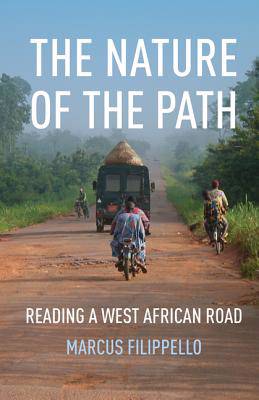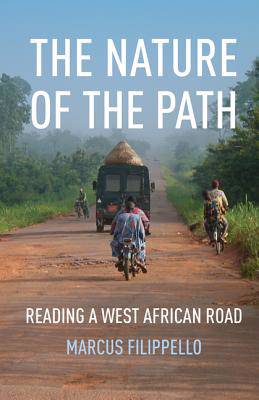
- Retrait gratuit dans votre magasin Club
- 7.000.000 titres dans notre catalogue
- Payer en toute sécurité
- Toujours un magasin près de chez vous
- Retrait gratuit dans votre magasin Club
- 7.000.000 titres dans notre catalogue
- Payer en toute sécurité
- Toujours un magasin près de chez vous
Description
The Nature of the Path reveals how a single road has shaped the collective identity of a community that has existed on the margins of larger societies for centuries. Marcus Filippello shows how a road running through the Lama Valley in Southeastern Benin has become a mnemonic device that has allowed residents to counter prevailing histories.
Built by the French colonial government, and following a traditional pathway, the road serves as a site where the Ọhọri people narrate their changing relationship to the environment and assert their independence in the political milieus of colonial and postcolonial Africa. Filippello first visited the Yorùbá-speaking Ọhọri community in Benin knowing only the history in archival records. Over several years, he interviewed more than 100 people with family roots in the valley and discovered that their personal identities were closely tied to the community, which in turn was inextricably linked to the history of the road that snakes through the region's seasonal wetlands. The road--contested, welcomed, and obstructed over many years--passes through fertile farmlands and sacred forests, both rich in meaning for residents.
Filippello's research seeks to counter prevailing notions of Africa as an "exotic" and pristine, yet contrarily war-torn, disease-ridden, environmentally challenged, and impoverished continent. His informants' vivid construction of history through the prism of the road, coupled with his own archival research, offers new insights into Africans' complex understandings of autonomy, identity, and engagement in the slow process we call modernization.
Spécifications
Parties prenantes
- Auteur(s) :
- Editeur:
Contenu
- Nombre de pages :
- 224
- Langue:
- Anglais
- Collection :
Caractéristiques
- EAN:
- 9781517902834
- Date de parution :
- 17-01-17
- Format:
- Livre broché
- Format numérique:
- Trade paperback (VS)
- Dimensions :
- 140 mm x 213 mm
- Poids :
- 272 g







